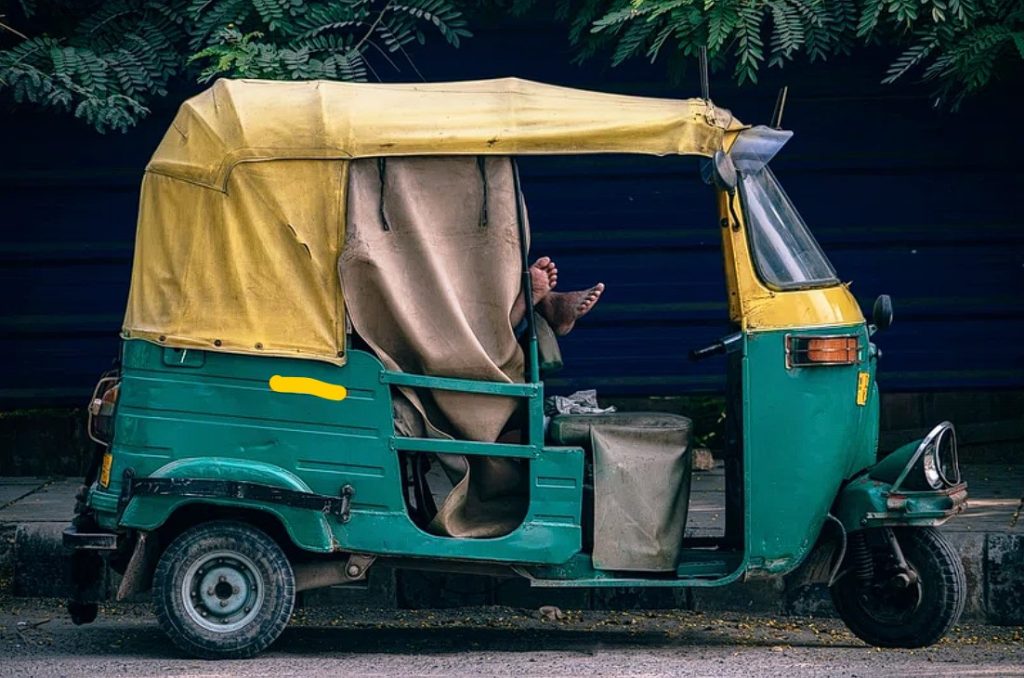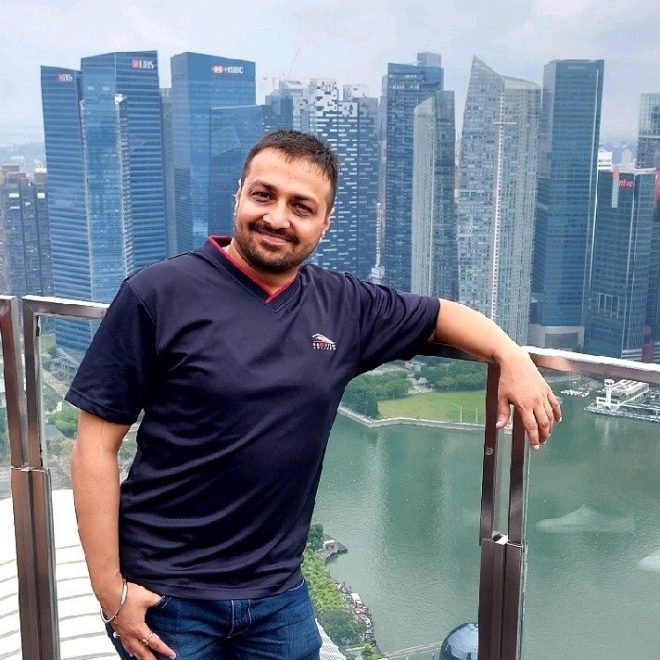Delhi’s autorickshaw industry has become a symbol of the city’s deep-seated corruption and ineffective governance. Despite efforts to regulate the sector, it remains dominated by organized crime syndicates, rampant bribery, and political inaction. The result is an unsafe, chaotic, and exploitative public transport system that puts both drivers and passengers at risk.
This article explores the complex layers of this problem, exposing the critical issues of corruption, illegal permit trading, overcharging, overloading, and the complicity of Delhi’s Aam Aadmi Party (AAP) government.
The Autorickshaw Mafia and Metro Station Exploitation
At the heart of the problem is the autorickshaw mafia that dominates Delhi’s transport scene, particularly around metro stations. These mafias control autorickshaw drivers and aggressively target passengers, especially at busy hubs like Rajiv Chowk, Lajpat Nagar, Malviya Nagar, Qutub Minar, and New Delhi Railway Station and others (India Today) (India Today).
Drivers regularly refuse to use meters, instead forcing passengers to pay inflated fares—often 25-30% above the regulated rates.
Passengers face significant harassment at metro stations where these drivers block exits, making it difficult for commuters to access app-based services or alternative transportation. The mafia effectively monopolizes transport at these critical points, ensuring that passengers have no choice but to pay higher fares.
Overloading and Passenger Safety
One of the most dangerous aspects of this situation is the rampant overloading of autorickshaws. Though legally allowed to carry only three passengers, these vehicles frequently transport six or seven people. Overloading contributes not only to traffic congestion but also to unsafe travel conditions, as these vehicles are ill-equipped to handle such weight (India Today).
This practice is especially prevalent at metro stations where drivers are eager to make more money per trip. Yet, despite these dangerous violations, local authorities appear to turn a blind eye, perpetuating the problem (India Today).
A Corrupt Permit System and Black Market Trade
The foundation of the autorickshaw mafia’s power lies in the corrupt permit system that governs autorickshaw operations in Delhi. The government is supposed to issue about 100,000 permits, but the black market controls a significant portion of this system. A legal autorickshaw, which should cost around ₹2.46 lakh, is often sold for as much as ₹6.3 lakh on the black market (India Today)(India Today).
This inflated pricing has created a cycle of financial distress for drivers. Unable to afford vehicles at market price, drivers turn to financiers and touts who offer permits and vehicles at heavily marked-up rates. The drivers, in turn, must overcharge passengers and ignore traffic regulations to make up for these inflated costs.
Bribery and Lax Law Enforcement
The autorickshaw industry is further plagued by bribery. Reports indicate that many drivers pay ₹500-₹1000 per month to local police officers in exchange for immunity from prosecution. This allows them to operate with expired registrations, overcharge passengers, and overload their vehicles without fear of punishment (India Today). Shared or fake number plates are also common, making it difficult for law enforcement to track these illegal operations (Law Trend – Legal News Network).
Traffic officers, whose job it is to enforce laws on fare regulation, overloading, and proper permits, often turn a blind eye due to these bribes. The absence of strong enforcement mechanisms means that autorickshaw drivers can repeatedly violate traffic laws without consequence.
AAP Government’s Failure to Act
The Aam Aadmi Party (AAP), which came into power on promises of eradicating corruption and improving public transport, has been notably ineffective in addressing these issues. While the AAP government introduced reforms such as GPS-enabled fare meters, these have largely been ignored. The systems are either not functional or drivers find ways to circumvent their use, continuing the practice of overcharging (India Today).
Moreover, the party has failed to tackle the systemic corruption within the autorickshaw permit system. Despite its anti-corruption rhetoric, the AAP government has done little to dismantle the mafia networks or regulate the black market in autorickshaw permits. The reluctance to challenge powerful financial lobbies involved in the trade of permits and vehicles raises questions about the party’s commitment to transparency and public welfare (India Today).
Impact on Passengers and the Need for Reform
For Delhi’s commuters, the effects of this broken system are significant. Besides being forced to pay inflated fares, passengers must deal with the constant threat of unsafe travel due to overloading and aggressive driver behavior at metro stations. Women, the elderly, and children are particularly vulnerable, as they often find themselves at the mercy of unscrupulous drivers who refuse to follow basic traffic regulations.
There have been repeated calls for the introduction of regulated, prepaid autorickshaw stands at metro stations to curb overcharging and reduce passenger harassment. Such a system would provide passengers with a safer, more reliable way to access autorickshaw services at transparent prices (India Today).
Solutions: A Way Forward
To address these issues, several steps must be taken:
- Strict Law Enforcement: Traffic police need to enforce existing laws regarding fare meters, overloading, and permit validation more rigorously. Heavy penalties for violators could help dissuade drivers from breaking the law.
- Regulated Prepaid Autorickshaw Stands: Establishing government-regulated prepaid stands at key metro stations can help eliminate overcharging and provide a safer experience for passengers.
- Cracking Down on Corruption: The Delhi government needs to take concrete steps to eradicate corruption within the Traffic Department. Independent audits and public transparency regarding the issuance of permits are critical to dismantling the mafia networks.
- Public Awareness: Encouraging commuters to report instances of overcharging or harassment and providing easy channels for complaints will help increase accountability in the system.
Conclusion: Urgent Action Needed
Delhi’s autorickshaw industry is a microcosm of larger governance failures. Corruption, lack of enforcement, and political inaction have created an unsafe, inefficient transport system that penalizes both drivers and passengers. The AAP government, despite its promises of reform, has not done enough to combat the mafia or ensure the proper functioning of the public transport sector. Urgent action is needed to overhaul the autorickshaw industry, protect commuters, and restore faith in the governance of Delhi’s public transportation.
Citations
- India Today, “Auto mafia continues to flourish in Delhi: Govt’s insistence on permits and GPS-fitted vehicles fails to curb overcharging”, Link.
- Law Trend, “Delhi court grants bail to five in auto permit corruption case”, Link.
- Millennium Post, “14 arrested in Delhi’s autorickshaw permit scam”, Link.
- Times of India, “Delhi auto drivers overcharging and overloading at metro stations”, Link.





